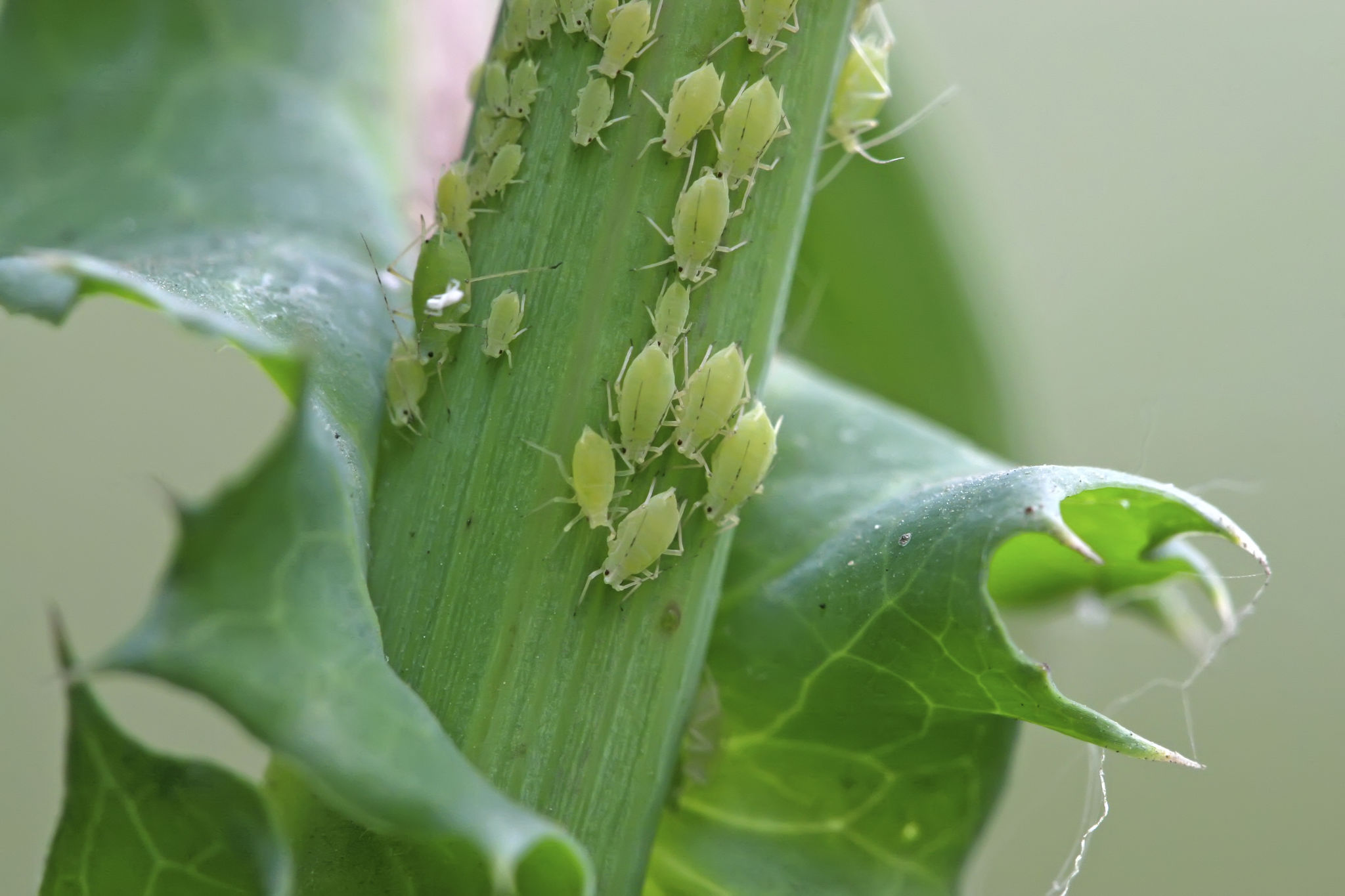Seasonal Pest Control Tips for Gardens in Metro Detroit
Understanding Seasonal Pests in Metro Detroit
Gardening enthusiasts in Metro Detroit know that each season brings its own set of challenges, especially when it comes to pest control. From the first signs of spring to the frosty days of winter, different pests can wreak havoc on your garden. Understanding these seasonal invaders is the first step to ensuring a healthy and thriving garden throughout the year.
In the spring, as plants begin to bloom, aphids and slugs make their unwelcome appearance. These pests can quickly damage new growth and spread diseases. By summer, you might find yourself dealing with Japanese beetles and spider mites, notorious for their destructive feeding habits.

Spring Pest Control Tips
Spring is a crucial time to establish a solid pest control plan. One effective method is to introduce natural predators like ladybugs and lacewings, which feed on aphids. Additionally, maintaining healthy soil and removing debris can prevent slugs from making your garden their new home.
Consider companion planting as well. Certain plants, such as marigolds, can deter pests like aphids and nematodes when placed strategically around your garden. Regular monitoring and early intervention can significantly reduce pest populations before they become a major issue.
Managing Summer Pests
As temperatures rise, so does the activity of summer pests. Japanese beetles are a common threat, known for skeletonizing leaves. Handpicking these beetles in the early morning, when they're less active, can help manage their numbers. Additionally, neem oil and insecticidal soap can be effective organic solutions.

Spider mites thrive in hot and dry conditions, often going unnoticed until significant damage is done. Regularly spraying plants with water can help keep these pests at bay, as they prefer dry environments. Introducing predatory insects like ladybugs can also help control spider mite populations.
Fall and Winter Pest Prevention
The fall season is an opportunity to prepare your garden for the winter months and minimize pest problems in the upcoming year. Clearing away dead plant material and fallen leaves can eliminate overwintering sites for pests like cutworms and caterpillars.
Winter may seem like a quiet time for gardening, but it's essential to inspect dormant plants for overwintering pests. Applying dormant oils can help control pests that lay eggs or overwinter on trees and shrubs.

Integrated Pest Management (IPM) Strategies
An Integrated Pest Management (IPM) approach can be beneficial throughout the year. This strategy combines cultural, mechanical, biological, and chemical tools to manage pests effectively with minimal environmental impact. By using IPM, you can maintain a balanced ecosystem in your garden.
Regular monitoring is crucial to IPM. Keep a close watch on pest populations and environmental conditions to make informed decisions about control measures. Implementing these strategies can result in a healthier garden that requires fewer interventions over time.
Conclusion
Gardening in Metro Detroit presents unique challenges with its diverse seasonal pests. By understanding the behaviors and lifecycles of these pests, you can take proactive measures to protect your garden year-round. Whether it's through natural predators, organic sprays, or strategic planting, maintaining a pest-free environment ensures your garden flourishes through every season.